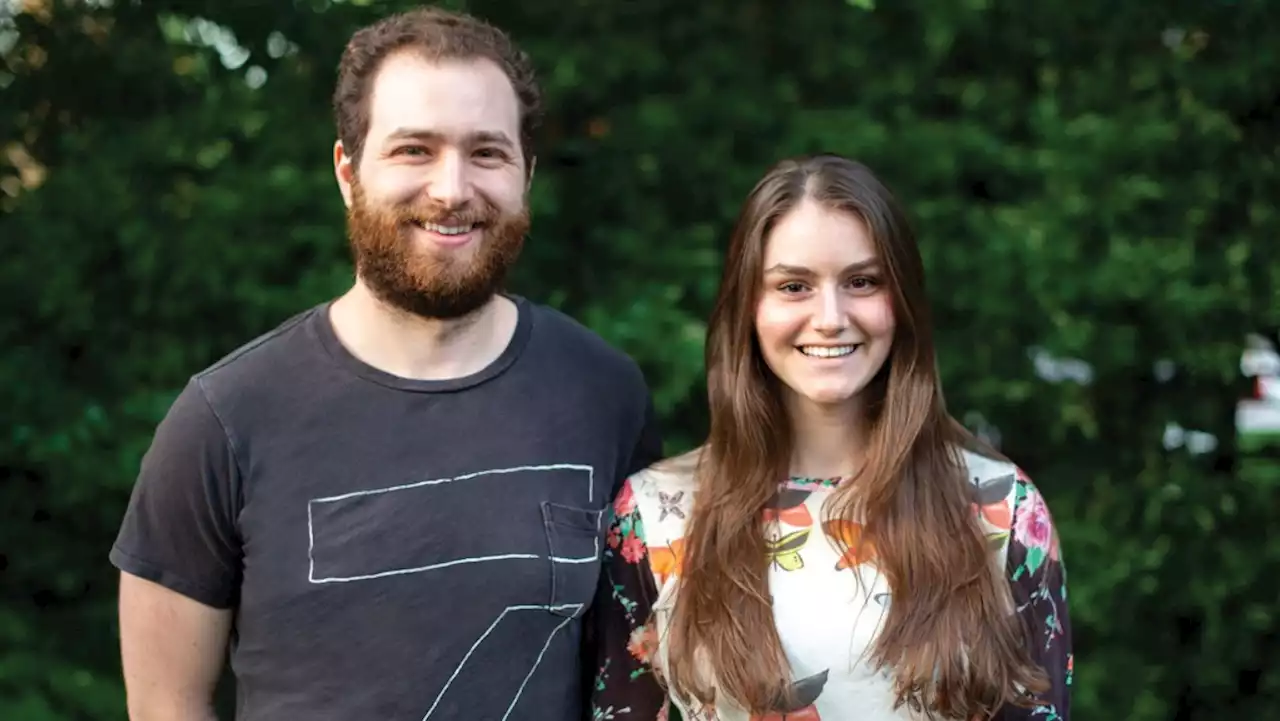Established just last year, the nonprofit is working to increase disabled representation in Hollywood from the ground up: 'Until now, there haven’t been pathways for disabled writers.'
“Disability is so often left out of the conversation,” he continues. “We wanted to have a quicker impact on the work. That led us to writers.” As it stands, disabled people make up only 0.7 percent of writers rooms, despite being 20 percent of the U.S. population.
“We’ve been really committed to the intersectionality of our work from day one,” Siegel adds. Fifty-seven percent of applicants identify as female and nonbinary, over 50 percent identify as a person of color, and over 45 percent identify as LGBTQ+. “We’re trying to both raise the profile of disability as a pillar of diversity, but also highlight the incredible diversity within the disability community.
“Each of them just has a very specific perspective on the stories they want to tell,” Siegel says of the fellows. “We’re there to help them connect the dots to make all that a reality.”Pandemic Playhouse. , and plans to have a first-look deal in the next three years. She aims to become a showrunner and create a production company to help disabled people bring their stories to life., and has since worked on Hulu’s. Currently, she’s a co-producer on a highly-anticipated Netflix series. Prior to becoming a full-time screenwriter, Moore was the first Black female head executive in Dolby’s history.
